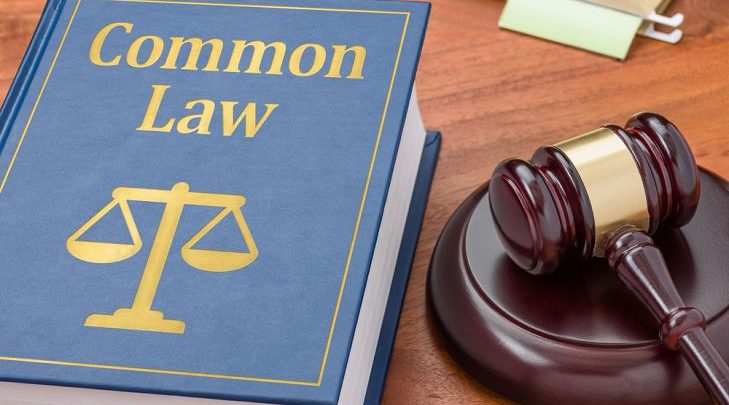‘Maxims of Common Law’ Are Overlooked in Family Court

Courts make determinations in law plus equity. By ‘in law’ is meant transporting out a particular law – constitutional law, condition law, etc. By ‘in equity’ is meant working out what’s ‘fair’ to accomplish where now law particularly rules. An example is working out the best way to distribute the assets in the divorce among the couple.
Common law means numerous decisions created by idol idol judges and appeals courts. Maxims of Common Law are ‘guiding truths’. Sticking on their behalf helps idol idol judges make fairer decisions. They’re overlooked in family court determinations since fairness can be a wholly secondary issue. This informative article overviews what these maxims are.
Maxims are crucial for the repair off legal legal rights and fair treatment to all or any litigants. Maxims:
* represent ‘self-evident’ truth – as pointed out above inside our Commitment of Independence if the known ‘all men’ to become created equal.
* really guide judicial determinations very much the same that ‘axioms’ move the analysis of mathematical determinations
* promotes fair dealing and impartial justice – a clearly essential trouble in the reason behind courts
Courts, mainly produced enforce the concepts of common law, are bound by common law rules of equity that should be grounded inside the never-altering maxims. This grounding serves to restrain the court’s wanton discretion in equity law determinations.
Kinds of Maxims:
Let’s search for a couple of examples to look for the character of maxims -as self-clearly fair. Here’s an important one:
*The knowledge of the factor arises only from developing a factor certain.
What this means is a legal court should seek apparent proof of allegations made against someone rather than rule on just the allegations or weakly supported ones. Family court ignores these maxims constantly.
*The safety of individuals can not be judged but with the safety of each individual.
Laws and regulations and rules which supposedly safeguard the safety of numerous people at the cost of other peoples legal legal rights violate this maxim. A apparent instance of this kind of breach exists day domestic restraining order laws and regulations and rules which are rampantly and unjustly enforced upon lots of fathers.
*Law is against the law where it’s uncertain or vague within the meaning.
Laws and regulations and rules needs to be apparent to make sure that one knows precisely when he’s breaking this kind of law. Can remember the breach of laws and regulations and rules brings effects on those who violate them. Vague laws and regulations and rules are believed unconstitutional. Among vague standard of law could be the ‘best interest in the child’ standard – familiar with unjustly deny fit fathers child child custody from the children.
*Down to Proof depends upon him who asserts the actual fact -but not on him who denies it.
This is founded on since you can’t prove a bad. Courts that pressure visitors to prove a bad are kinds of kangaroo courts. Family courts jail fathers after they can’t prove they don’t have money to cover!
*Nobody needs to be believed except upon his oath.
This means that anybody who’ll give testimony ought to be sworn in. By doing this they can be billed with perjury – that’s a legal (a substantial crime) – if he are for sale to become intentionally lounging. No ‘swearing in’ means no perjury without any penalty for lounging.
*Perjured witnesses needs to be punished for perjury as well as the crimes they falsely accuse against him.
This really is really the primary point here of enforcing honesty in the courtroom testimony. Regrettably perjury is almost never punished -allowing the degradation of court integrity – so apparent in family court.
*Every home is a castle even though the winds of paradise blow through it, officials in the condition cannot enter.
This can be from British common law which developed a man’s home sacrosanct. It must be true. It requires officials to own warrants to get in a home. A warrant is permission in the judge based on good provocke enter a home.
*No man should gain their very own wrong or, He who does not have clean hands, cannot make use of the law
This can be self-apparent. A significant situation could be the child that pleads whim because he’s an orphan – only as they murdered his parents.
*He who uses his legal legal legal rights harms nobody.
But, fathers are routinely punished by seeking their legal legal rights in family court.
*Nobody is punished unless of course obviously for a lot of wrong act or fault.
But forced to the noncustodial status for doing no wrong might be considered punishment by reasonable person.
*It’s natural he who bears the charge of an issue, is deserving of the earnings.
For individuals who’ve all the obligations for something but no benefits, then you are a slave.
Fathers visiting family court observe apparent violations of individuals maxims constantly. Such violations imply that you have a tyranny happening.



